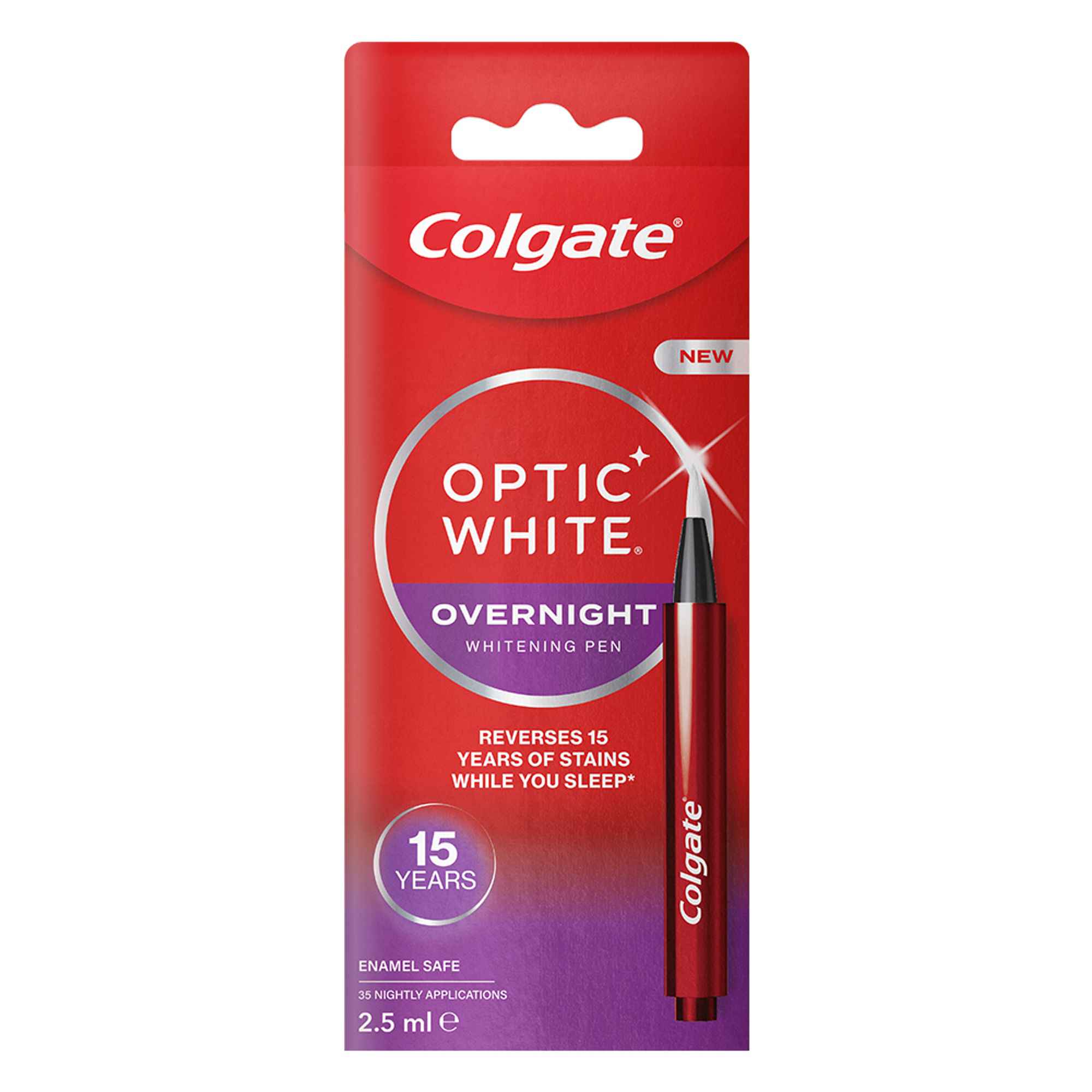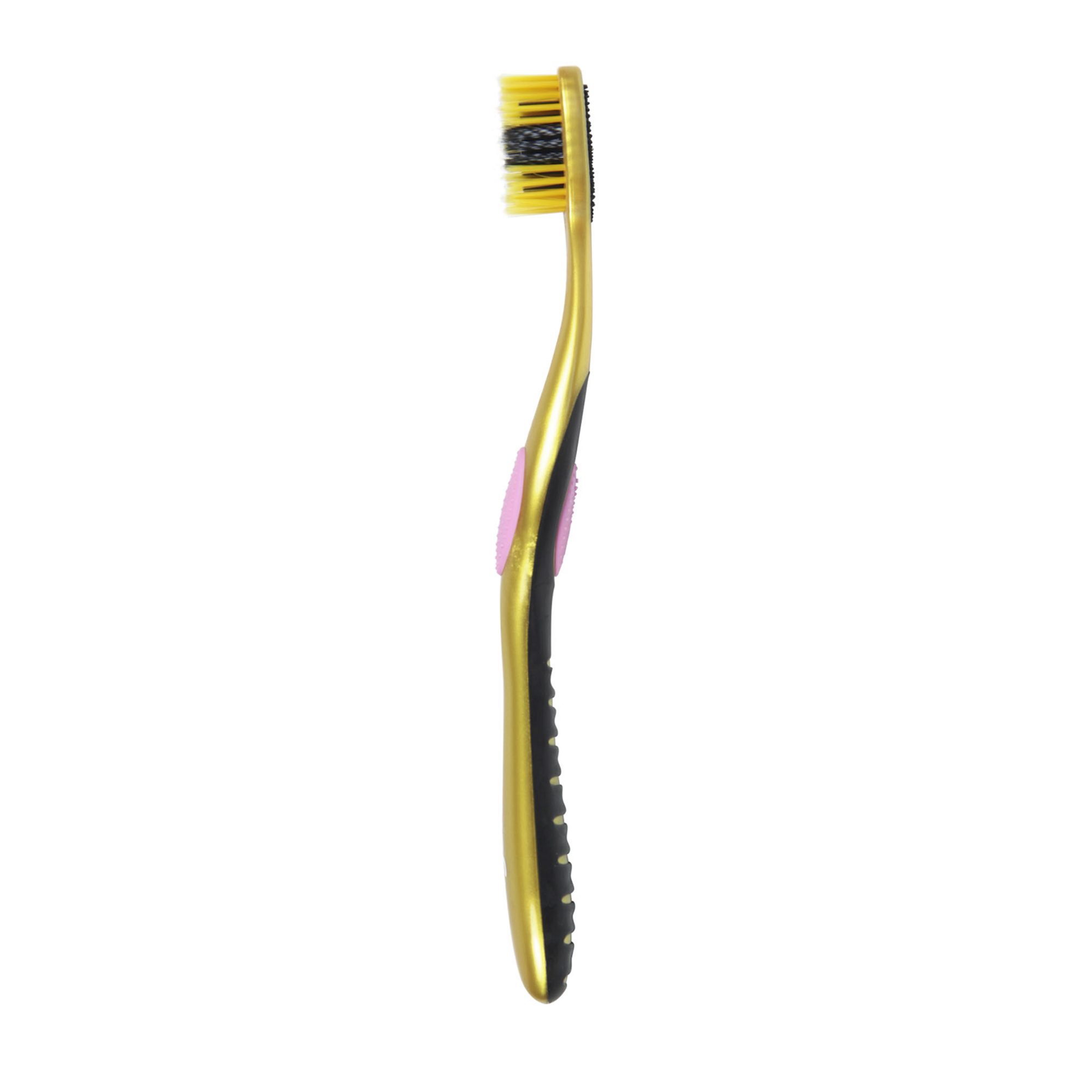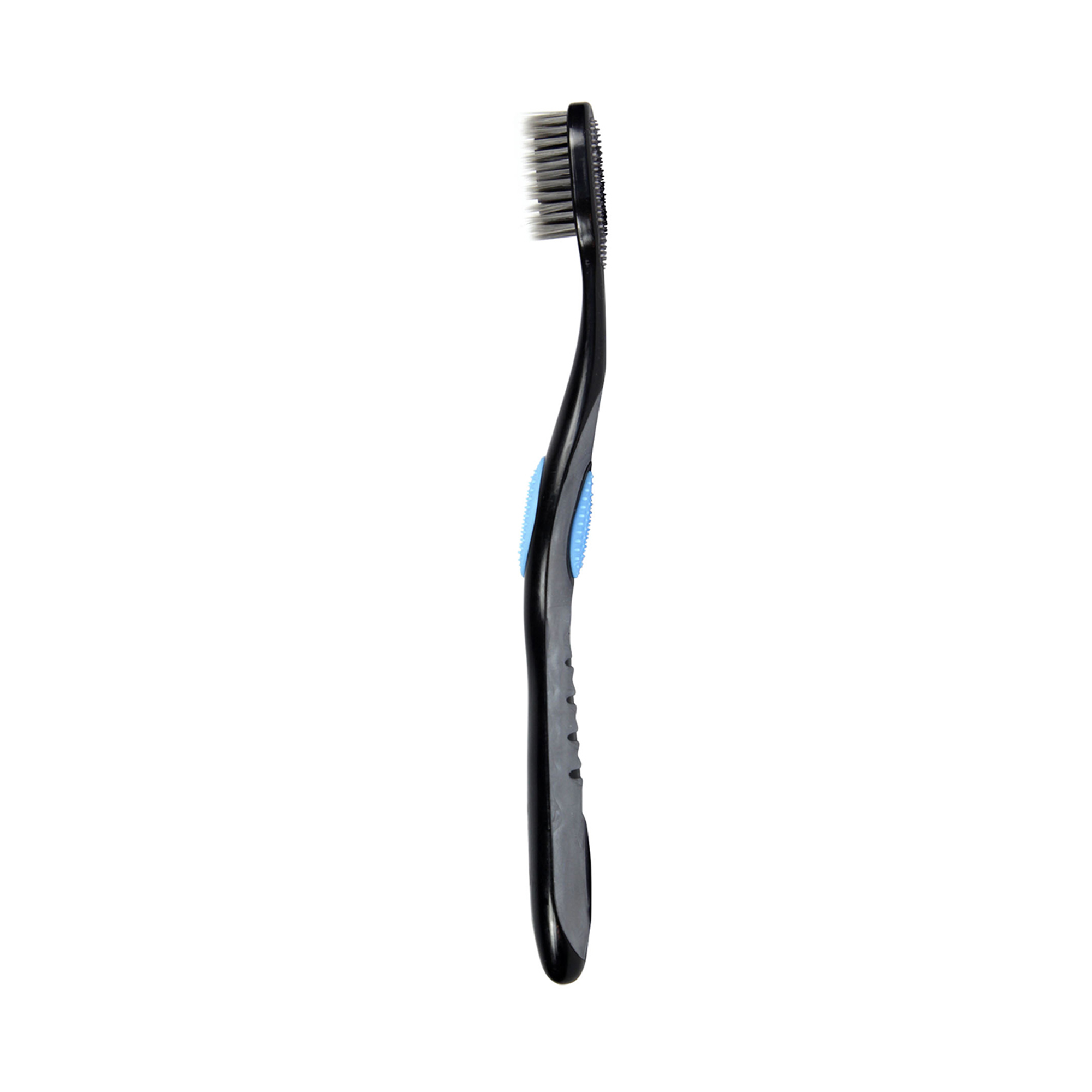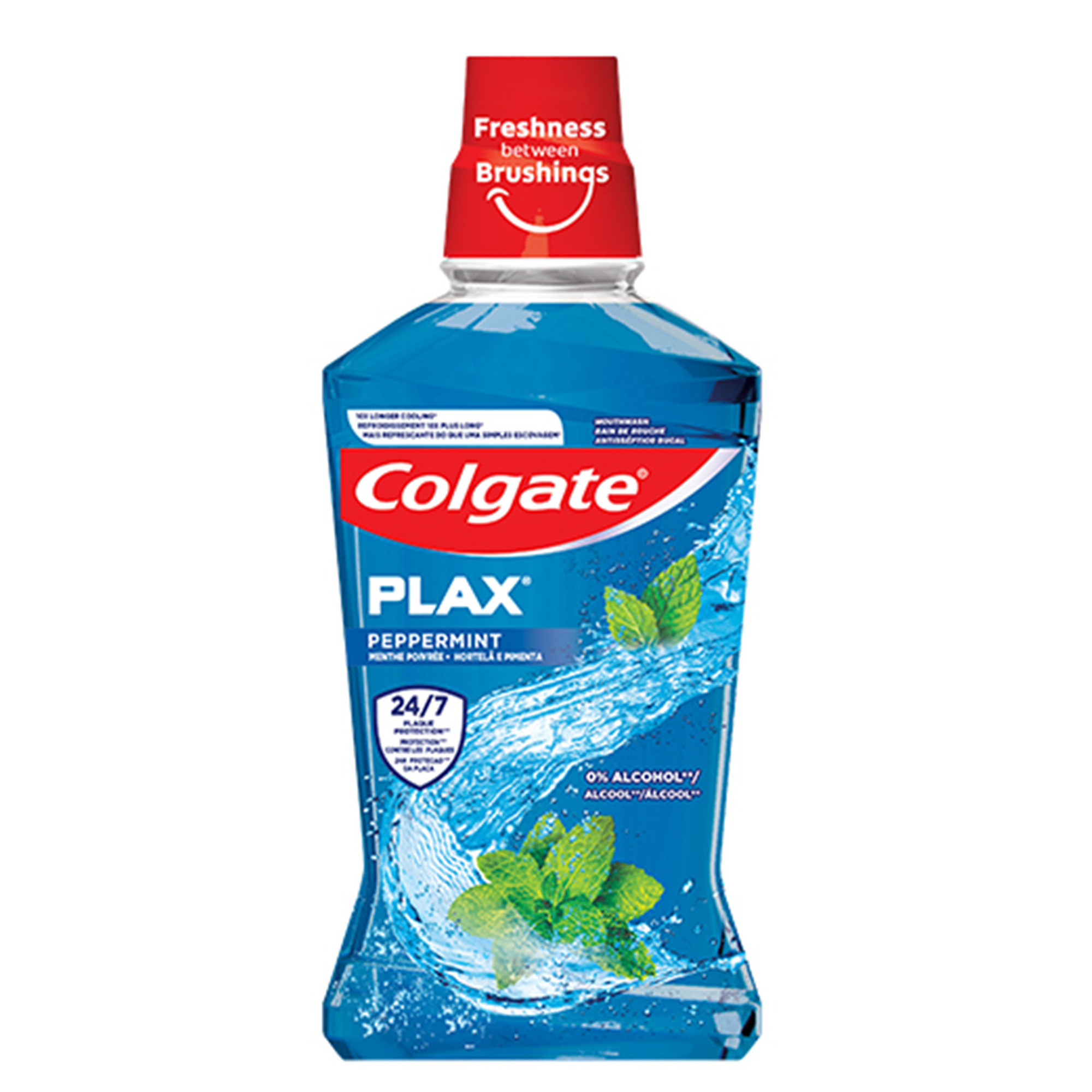Mini dental implants are just as effective as traditional implants, but because they're smaller, they come with some additional benefits, including the fact that the procedure is much less involved. As you read on, we'll look at what traditional dental implants are and why they're needed. We'll then look at the difference between conventional and mini dental implants, the procedural differences, and the requirements for application. We'll also talk about how to take the best care of your mini dental implants.
Dental Implants
Millions of people all over the world are missing at least one tooth. Dental implants offer a permanent tooth replacement option as a popular alternative to bridges and dentures. Dental implants are used to replace one or several teeth or to hold removable dentures in place. While other options sit on the gum's surface, dental implants are inserted into the jawbone with an external screw. Conventional implants usually are made of two pieces with a diameter of 3.25 to 5 millimeters.
Mini Dental Implants
Mini dental implants have the same structure as regular implants, but they're smaller. Unlike conventional implants, they're comprised of a one-piece screw that's less than 3mm in diameter and includes a ball-shaped end that protrudes from the jawbone.
Placing Mini Dental Implants
Mini dental implants are placed through less-invasive techniques than conventional dental implants. These toothpick-sized implants are put over the gum surface when placed into the bone, while conventional implants are placed under the gums.
Because the placement of mini dental implants is less involved, they require less time to receive than regular implants. Dentists usually can place mini implants in one visit using local anesthesia. Plus, no sutures are needed. Conventional implants, however, take several months and require at least two dental appointments. Certain treatments may require additional visits for bone-grafting to supply enough bone to support the implants.
Why Mini Dental Implants?
The use of mini dental implants is implied in cases where conventional implants cannot be placed. Like when you don't have:
- The ability to undergo invasive surgery.
- Enough time to go to repeat dental visits.
- Enough bone in the jaw for a full-sized implant.
Because of these reasons and others, the use of mini dental implants is expected to rise. Cost is also a factor in their increased popularity. The cost of standard implants is rising, while the cost of mini dental implants tends to be less. Although the cost of mini dental implants can vary, on average, they're between the equivalent of $500 and $1,500. Compare that to a single regular implant, which is usually between the equivalent of $1,500 and $6,000.
Caring for Mini Implants
Mini dental implants need the same exceptional care as natural teeth. If you have mini dental implants, brush your teeth twice daily, floss once a day, and make sure to visit your dentist on the regular. If plaque and tartar buildup, your dentist may recommend that you use fluoride in your toothpaste or a special rinse.
Now, you know the scoop on mini dental implants. They're a great option if you're looking for a way to replace your missing teeth but don't have the jawbone space or the ability to undergo an extensive procedure. They might be the right option for you. Plus, they're less expensive and less time-consuming to place than the conventional alternative. When finding a solution to replace your missing teeth, your dentist will let you know if mini implants are the best choice for you. So, talk to them about it. It'll bring you closer to your happiest, healthiest smile.
This article is intended to promote understanding of and knowledge about general oral health topics. It is not intended to be a substitute for professional advice, diagnosis or treatment. Always seek the advice of your dentist or other qualified healthcare provider with any questions you may have regarding a medical condition or treatment.
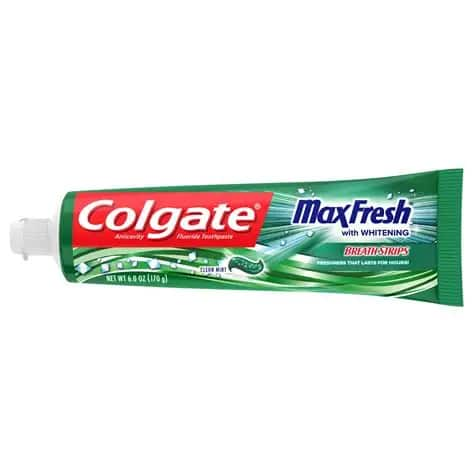
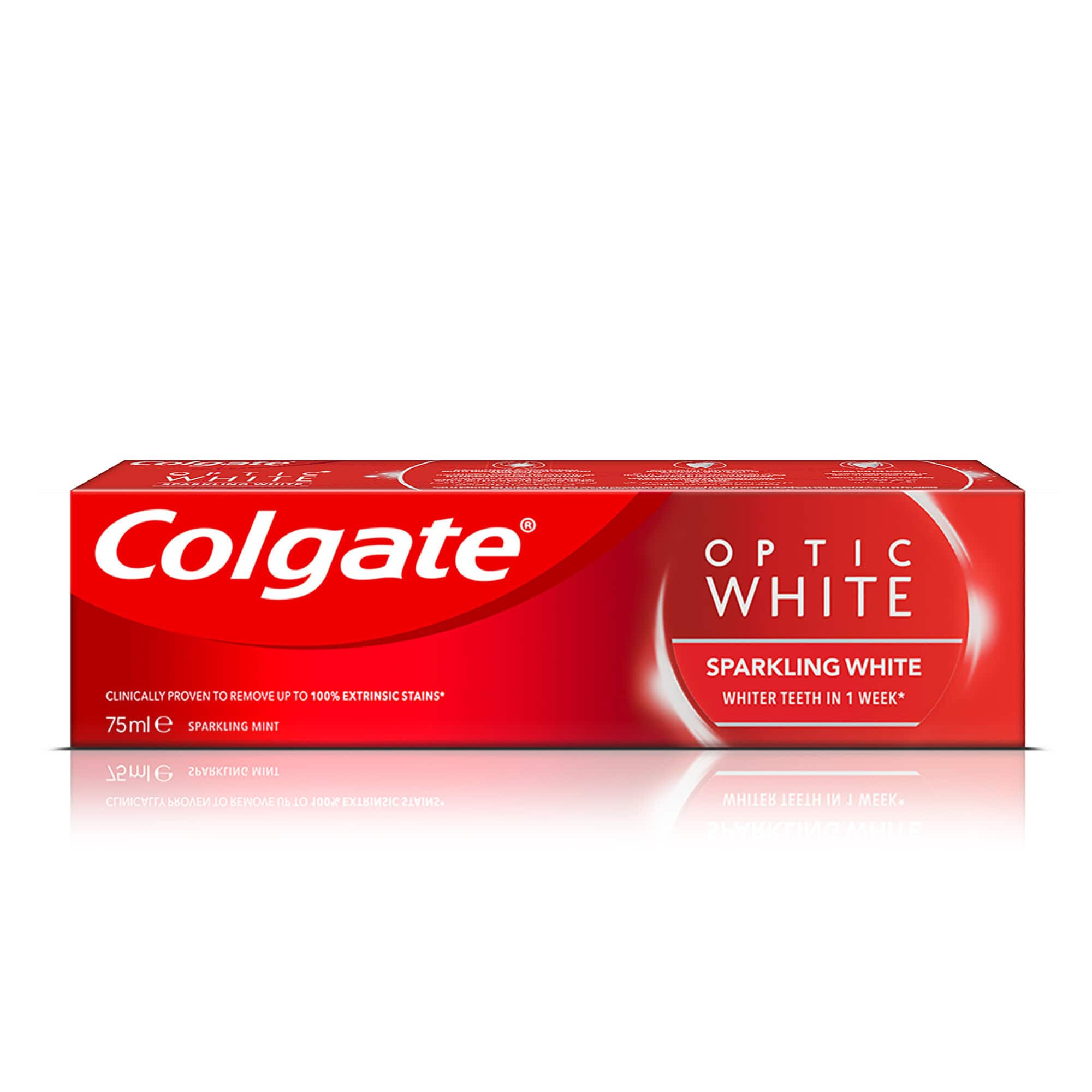
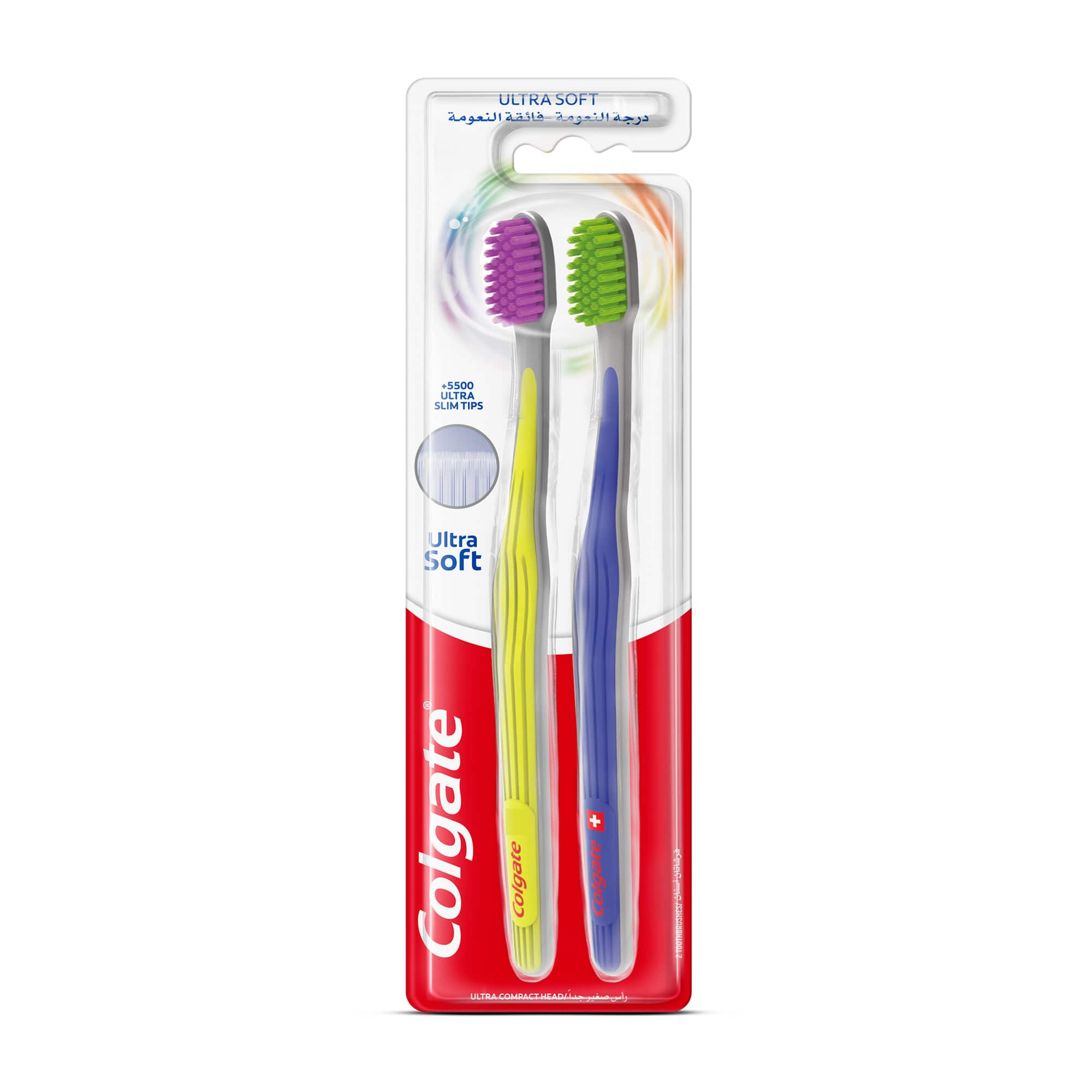



.jpg)


